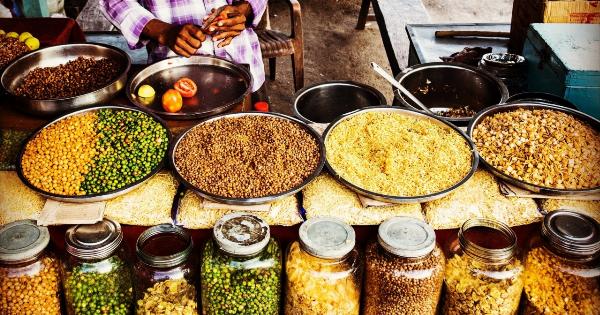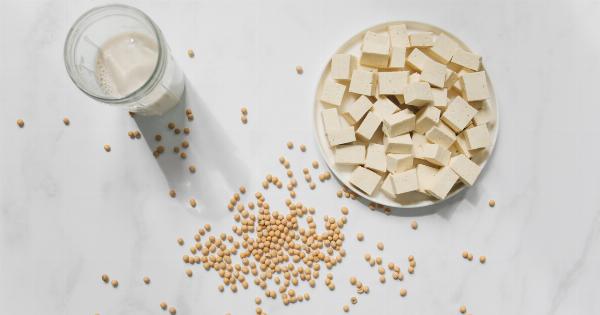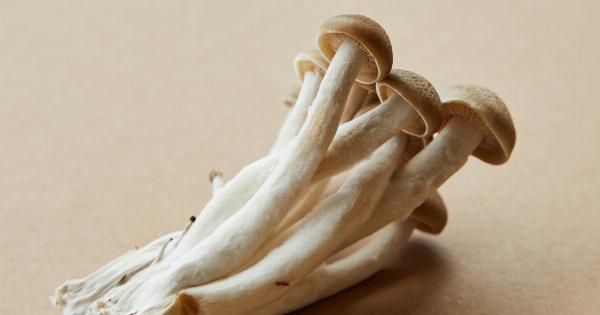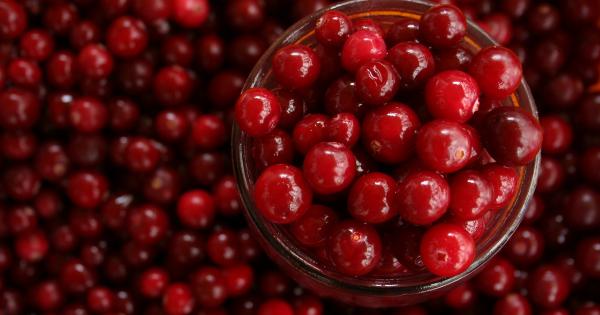The importance of protein in our diets cannot be overstated.
It is a vital component of every cell in our bodies and is responsible for a wide range of functions including building and repairing tissues, producing enzymes and hormones, and supporting immune function.
While the benefits of protein are clear, it can be easy to fall into a rut when it comes to our protein choices.
Chicken, beef, and fish are the most common options, but there are plenty of other sources of protein out there that can help switch up your protein game and provide the variety your body needs.
1. Lentils
Lentils are a great plant-based source of protein, with 18 grams of protein per cooked cup. They’re also high in fiber, iron, and other nutrients. Lentils can be used in a variety of dishes, from soups and stews to salads and veggie burgers.
2. Quinoa
Like lentils, quinoa is a plant-based protein source. It’s also gluten-free and high in fiber and iron. One cooked cup of quinoa provides 8 grams of protein. It can be used as a base for salads, or served as a side dish.
3. Tempeh
Tempeh is a fermented soy product that’s often used as a meat substitute. It has a nutty flavor and a chewy texture, and provides 15 grams of protein per 3-ounce serving. Tempeh can be used in stir-fries, sandwiches, and salads.
4. Wild Game Meat
Wild game meat, such as venison, elk, and bison, are lean sources of protein that are also rich in iron and zinc. Venison has 26 grams of protein per 3-ounce serving, while elk and bison have 22 grams and 23 grams respectively.
These meats can be used in a variety of dishes, from burgers to stews.
5. Edamame
Edamame is a soybean that’s harvested before it fully matures. It’s a popular snack and appetizer, and provides 17 grams of protein per cooked cup. Edamame can also be used in stir-fries and salads.
6. Greek Yogurt
Greek yogurt is a popular dairy product that’s high in protein and low in fat. One cup of Greek yogurt provides 23 grams of protein. Greek yogurt can be used as a base for dips and dressings, or eaten on its own as a snack.
7. Chia Seeds
Chia seeds are a small, nutrient-dense seed that are rich in fiber, omega-3 fatty acids, and protein. One ounce of chia seeds provides 4 grams of protein, as well as other nutrients.
Chia seeds can be added to smoothies, yogurt, or used to make chia pudding.
8. Cottage Cheese
Cottage cheese is a type of cheese that’s characterized by its curds and whey. It’s high in protein and low in fat, with one cup providing 28 grams of protein.
Cottage cheese can be used as a topping for toast, mixed into salads, or eaten as a snack.
9. Seitan
Seitan is a meat substitute that’s made from wheat gluten. It provides 25 grams of protein per 3-ounce serving, as well as other nutrients. Seitan can be used in stir-fries, sandwiches, or as a meat substitute in vegetarian dishes.
10. Hemp Seeds
Hemp seeds are a small, nutty-tasting seed that are rich in protein, omega-3 fatty acids, and other nutrients. One ounce of hemp seeds provides 9 grams of protein. Hemp seeds can be added to smoothies, salads, or used to make hemp milk.
11. Tuna
Tuna is a popular fish that’s high in protein and low in fat. One can of tuna provides 16 grams of protein. Tuna can be used in salads, sandwiches, or eaten on its own as a snack.
12. Cricket Flour
Cricket flour is a sustainable alternative protein source that’s made from ground-up crickets. It may sound unusual, but it’s a great source of protein, with one ounce providing 13 grams of protein.
Cricket flour can be used in baking or added to smoothies.
Conclusion
There are plenty of unique sources of protein out there that can help you switch up your protein game and provide your body with the variety of nutrients it needs.
From plant-based options like lentils and quinoa to wild game meat and cricket flour, there’s something for everyone.





























